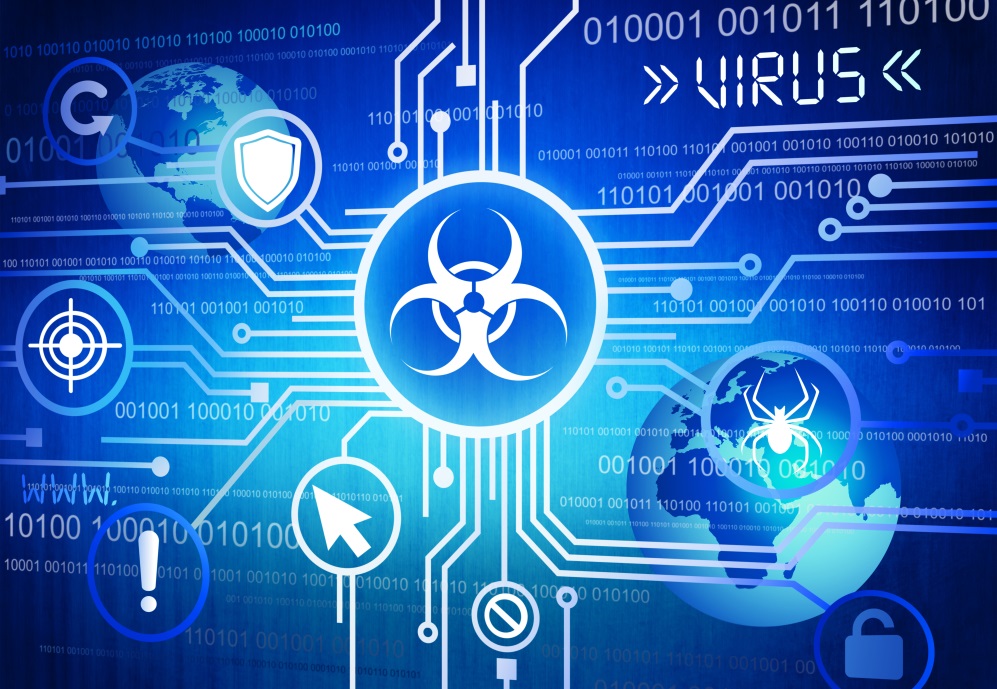5 simple ways of keeping your computer clean
Published on 16 October 14
0
0
When we get our nice shiny new computer it’s easy to forget that it needs a little ongoing maintenance to keep it in good shape and free from infection. Cheeky Munkey offers a great guide to the necessary steps to keep your computer clean and here we will explore why following their advice is so important.
Start Early
The earlier you start to put some of these clean-up processes into place, the smoother your PC will run in terms of reliability and speed and the less ongoing problems you will have. If you learn how to keep your computer clean yourself, you will also have to rely less on external IT support and this means fewer hours with your computer offline, being repaired, and lower support costs.

How Do I Clean Up My Computer?
There are several key areas that need attention to keep your PC running smoothly:
-· Uninstall Unwanted Programs
Sometimes when we buy a computer it has programs already installed that we are never going to need. We also add to this when we download software trials or purchase games or programs that we use for a while and then decide that they don’t fit our needs.
Unused programs can cause your PC to slow down, particularly on start-up. Therefore you should regularly go through the list of all the programs on your system, check when they were last used, and uninstall any that are unwanted or which you haven’t used in a long time, if ever.
-· Remove Malware
Malware or to give it its full title, malicious software, is the number one reason for computers to malfunction. Malware is a generic title for any type of program that is intended to cause your computer harm and includes: viruses, worms and Trojans.
If your computer becomes infected with malware it can run extremely slowly or you may not even be able to use it at all, depending on the severity of the attack and type of software which has been maliciously introduced. Some malware you won’t even be aware of, but it has been sent to your computer by hackers to cause a problem behind the scenes or to try to steal your personal data, such as passwords and online banking details.
There is a variety of software programs available that you can download and scan your PC with. This will make sure that your computer isn't infected, or if it is, the software will clean your system for you. Prevention is better than cure in this instance, as if your computer suffers a serious attack it could mean that you lose all your data and have to have your PC restored to factory settings. Just as an aside, this is a reason to regularly run backups of your data and, if possible, have this set-up on automatic pilot so that it never gets forgotten.
Internet files don’t take up much memory individually but when we are using the internet on a daily basis, it’s amazing how quickly they can build up and potentially slow your system down. Therefore, regularly go through and delete them or set up your browser so that it automatically deletes them on closing.
This does mean that the cookies will be deleted and you will have to login fresh every time to a site, but this is a positive thing in terms of security and privacy. This is particularly important if more than one person uses the computer and you don’t want them viewing your search history.
Unused or unwanted internet toolbars are another item that you should delete if they are unnecessary for your needs, as they can significantly slow down browsing speeds.
Restore to Factory Settings
As outlined above, the ultimate clean-up technique available is to restore your computer to factory settings and to reinstall Windows. This is usually only considered as a last resort as it will remove all your data. If you do decide to go down this route make sure that everything that you don’t want to lose has been backed up first.
All of these options, apart from the last, should be carried out on a regular basis to keep your system running smoothly. You should also consider how you organise your computer and the file structure that you use. Make sure that you have named folders for each area of your life or business and then when you download or save a file, put it in the relevant area, rather than just saving it randomly to the desktop. This also makes it much easier when you back-up your system, as you know that everything you need has been saved.
This blog is listed under
Development & Implementations
and IT Security & Architecture
Community
Related Posts:
Post a Comment
You may also be interested in
Share your perspective

Share your achievement or new finding or bring a new tech idea to life. Your IT community is waiting!

 James
James






